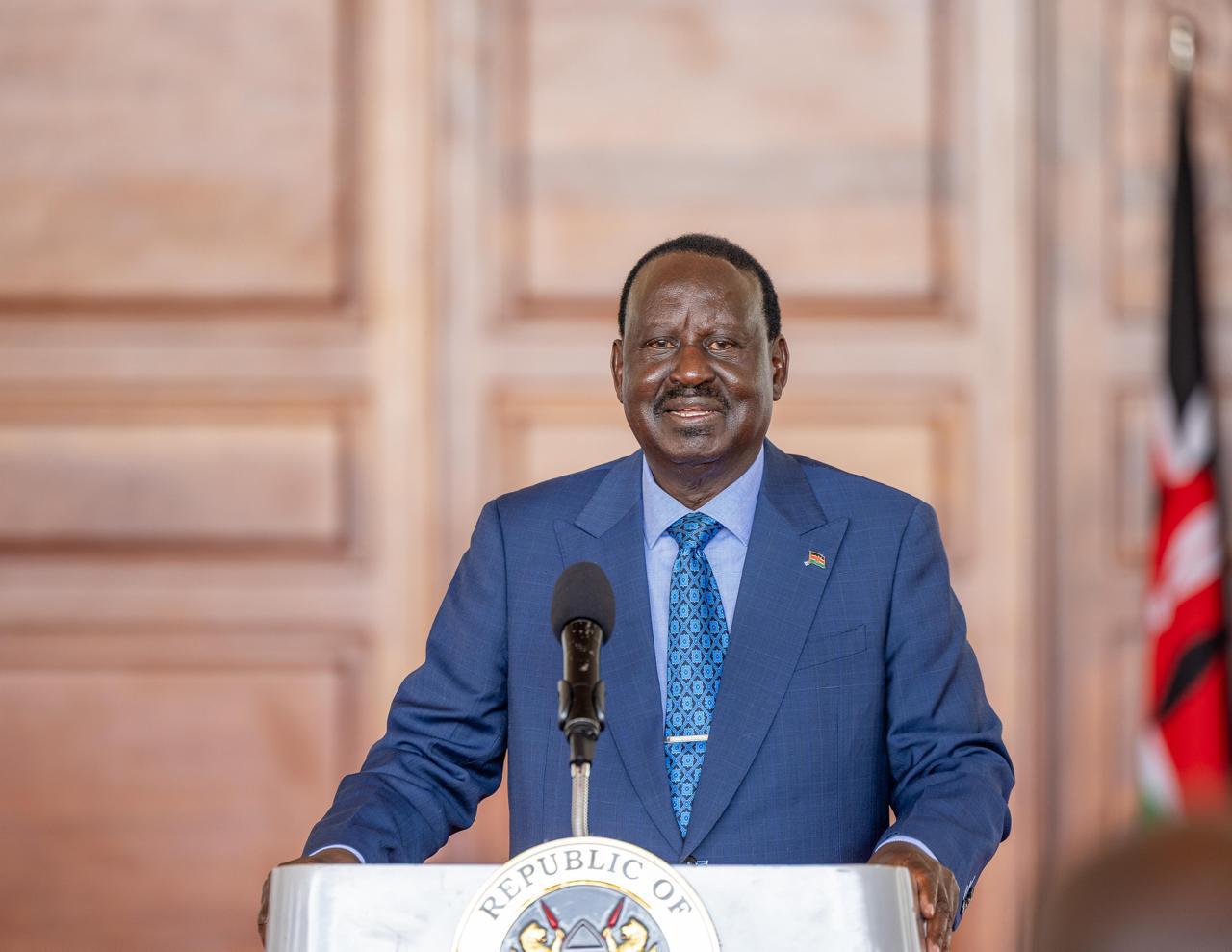The timing of Kenya’s next General Election is at the center of a growing legal dispute, with a petition before the Supreme Court seeking to move the polls from 2027 to August 2026.
The petitioners argue that the Constitution requires elections to be held exactly five years after the last one, which took place in August 2022.
They warn that delaying the election beyond this period would unlawfully extend President William Ruto’s term.
The case was brought by lawyer Dr Owiso Owiso, activist Khelef Khalifa, and lawyer Ashioya Biko, who want the court to clarify the exact date of the next presidential election.
According to their petition, the Constitution’s Article 136(2)(a) points to the second Tuesday of August in the fifth year after an election as the correct election date.
They say the Independent Electoral and Boundaries Commission’s (IEBC) plan to hold elections in 2027 contradicts this and creates uncertainty.
Opposing the petition is former Prime Minister Raila Odinga, who is also an interested party in the case.
Through his lawyer Paul Mwangi, Raila describes the petition as an abuse of the court process, insisting that previous court rulings have already settled the election date issue.
"The issues raised in this petition are res judicata," Mwangi states, referring to cases heard and decided by the High Court and Court of Appeal involving other petitioners.
He says the Court of Appeal affirmed that the election date was fixed to safeguard political rights under the Constitution.
Raila’s legal team also argues that the matter is premature, noting that the General Election covers more than just the presidency; it also involves parliamentary and county-level positions.
They say the Supreme Court should not entertain the petition before the IEBC formally sets the election timetable.
In contrast, opposition politician and businessman Jimmy Wanjigi, who supports the petition, urges the Supreme Court to act quickly.
He warns that the current lack of clarity on the election date is causing widespread anxiety and threatens national stability.
"The prevailing confusion, widespread anxiety, and profound uncertainty surrounding the precise date of the next presidential election pose a grave and imminent threat to the constitutional order," Wanjigi says in court papers.
Wanjigi’s lawyer, Willis Otieno, emphasizes that the issue is not a mere legal technicality but one of urgent public interest.
The ambiguity, they say, risks undermining public confidence in the electoral process, disrupting voter registration, candidate nominations, and campaign planning.
Without a clear ruling from the Supreme Court, the entire electoral cycle remains uncertain, affecting millions of Kenyans.
The Supreme Court’s Deputy Registrar Bernard Kasavuli granted the Attorney-General three days to file objections to the petition after case management on May 23.
Once the Attorney-General’s response is received, the case will be scheduled for a full hearing.

